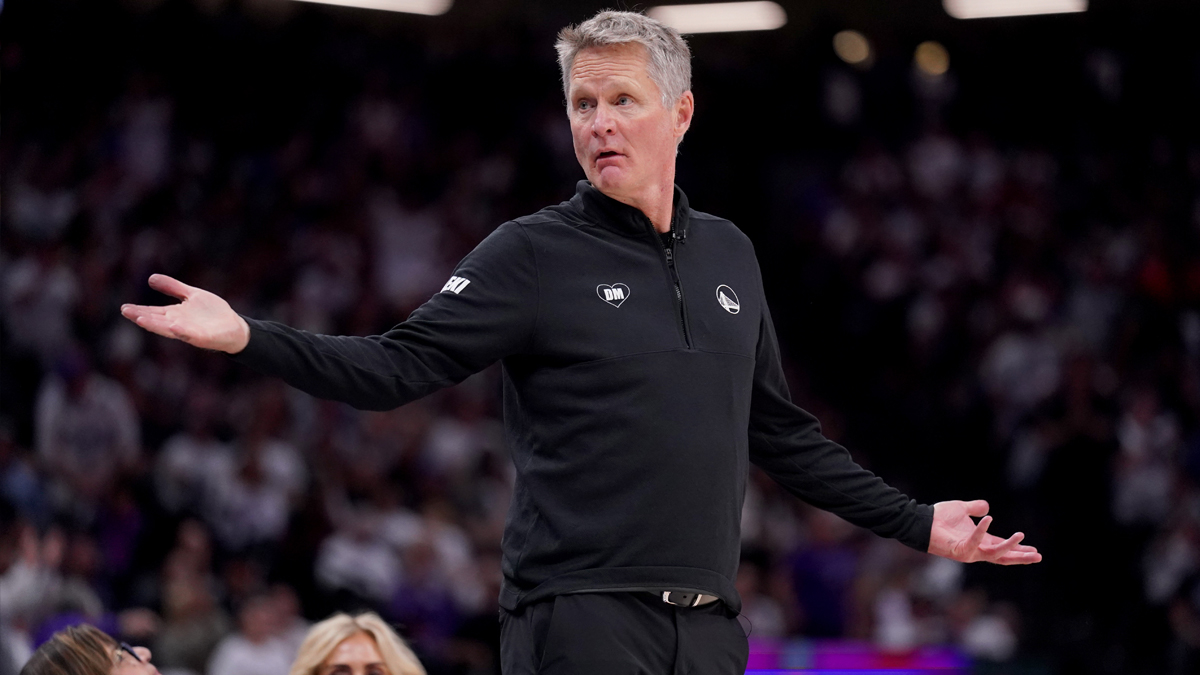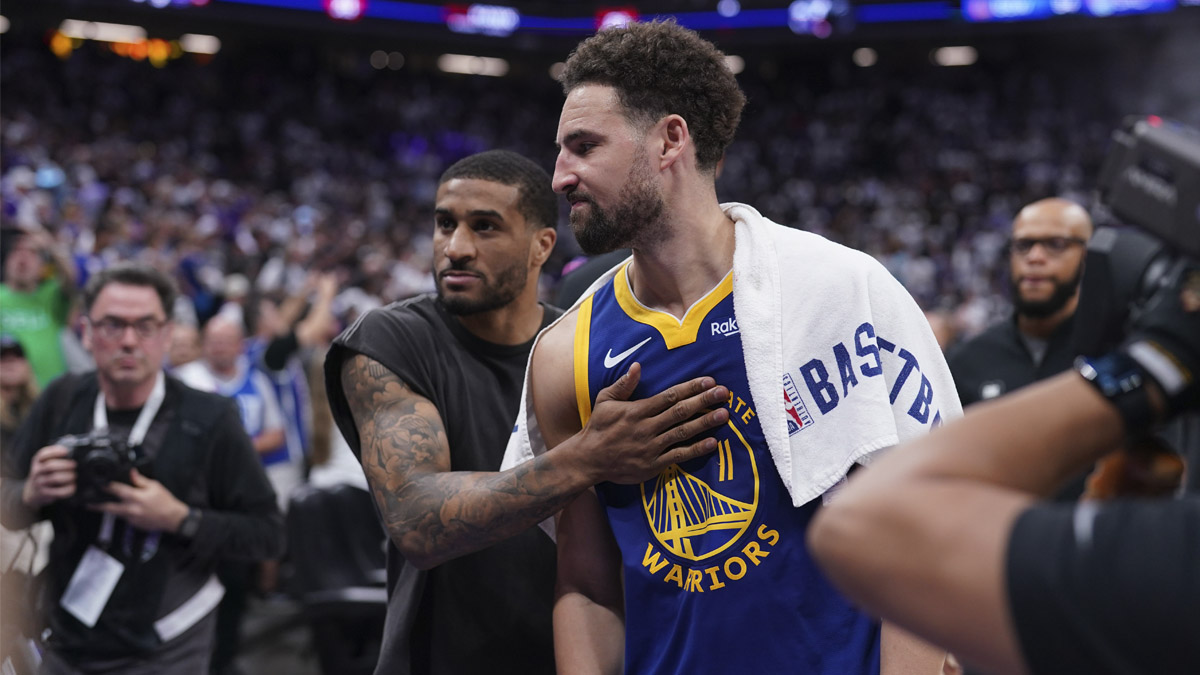California is moving ahead with legislation intended to curb the number of concussions suffered by its high school football players.
The bill, AB 2127, cracks down on the number of hours players can engage in full-contact, game-level intensity practices: From no time limitations to twice a week, for 90 minutes each session.
While this measure coasted to passage in the Senate (and now awaits the governor’s signature), a group of five Republican senators voted against it, including Steve Knight, R-Palmdale.
Knight’s reasoning? That the bill pits California against other states with looser rules and will damage recruiting.
"What this bill did was basically take our kids and put them in a different box than all of the other 49 states," Knight told NBC Bay Area. "And so our kids who were out there practicing were not going to learn how to tackle, were not going to learn how to take a hit, were not going to learn how to do a hit."
Is this true?
The claim that California finds itself with a different set of rules than 49 other states is inaccurate.
Once the bill gets signed into law, California will become the 20th state with at least some sort of restriction on full-contact practices, either during the football season, the off season or both.
Sports
"I believe last year in 2013 there were five states that implemented similar laws to this, Texas being one of them," explained Roger Blake, the executive director of the California Interscholastic Federation. "It’s a groundswell. It’s growing. We’re like a snowball that started at the top of a big mountain and it’s going to be an avalanche by the bottom."
The CIF is one of the groups that strongly supported passage of the bill.
As Blake explained it, "fewer than two percent of students who participate in high school sports, regardless of the sport, are going to play at the next level. For the student athletes, our number one priority has to be their health and safety."
Other states that have recently acted on the issue include Texas, Alabama, Arizona, Connecticut, Illinois, Maryland and Michigan.
For most of these states, the law is still fresh- a year or two old- making the second part of the claim that recruiting will be hampered difficult to evaluate.
"You have an awful lot of states out there - Florida, Virginia, Oklahoma - BIG football states, and we’re doing something different than what these states are doing," Knight added.
On this point, he is correct. Those states are major producers of college football talent and do not have laws on their books similar to the one just passed in California.
According to SB Nation, the states with the largest number of football recruits the last six years are Texas, Florida and California, in that order.
Of the top six states, three have laws restricting full-contact practice, and three do not.
So how do we know if recruiting will be impacted?
"You won’t know for a little bit," Blake said. "But based on this past year, I believe Texas still had a few more signees on the Division 1 national signing day than California, much to my dismay."



